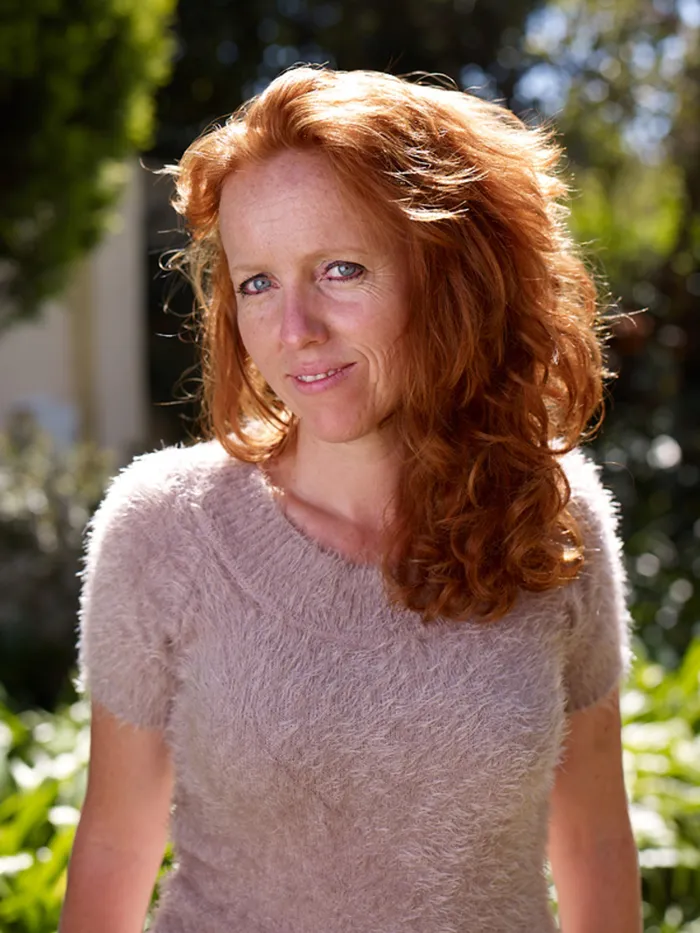New book exposes life behind bars at SA's private run prison

Ruth Hopkins Ruth Hopkins
“The wooden bench is designed to feel uncomfortable. I’m positioned bolt upright, shifting uncomfortably, facing the reception area of the prison.”
This is Ruth Hopkins’ crisp opening to her book, The Misery Merchants: Life and Death in A South African Private Prison.
The private prison anchoring this body of work is the Mangaung Correctional Centre run by British multinational security company G4S.
In this hard-hitting exposé, Hopkins presents up-close encounters with prison gang members who run the prison. Frank and revealing interviews with prisoners, and a unique insight into the minds of the warders on the torture squad make for a chilling and compelling read.
When she first visited Mangaung Correctional Centre in 2012, she didn’t think the prison would take over her life. One-and-a-half years later, when the Mail & Guardian and The Guardian newspapers published her investigation into allegations of abuse, she thought her work was done. It was only the beginning.
In the Free State of former premier Ace Magashule, the gangs and the prison bosses competed to run Mangaung Prison, one of South Africa’s few private prisons.
Torture and forced medication such as antipsychotic drugs were the order of the day, she said.
Hopkins, a seasoned journalist, interviewed over 100 prisoners and many warders in order to understand what makes this prison so dysfunctional. Her insights and revelations leave you astonished.
Her investigation, ultimately laying the foundation for this book, would not have been possible without the prisoners who wrote to the Wits Justice Project. “It is because of their candour, courage, and stories of pain and suffering that we are brought this offering,” she wrote. Through numerous visits and interactions, she reveals how inmates were stripped down, their naked humanity was all they had; they were stripped of bravado, stripped of individuality through their prison uniforms, often stripped of their mobility because their hands were cuffed.
Hopkins reflects what prison killings during apartheid were like.
She talks about Ahmed Timol, the anti-apartheid activist, political leader and activist in the underground SACP, who died five days after being arrested at a roadblock in Johannesburg, following torture and beatings in 1971.
And also anti-apartheid activist Neil Aggett, who died while in detention. Security police claimed that Aggett committed suicide by hanging himself. Aggett made an affidavit 14 hours before his death that he had been assaulted, blindfolded and given electric shocks. The Wits Justice Project investigation into Mangaung Prison revealed widespread use of electroshocking, assaults, forced medication and lengthy isolation of inmates.
Layered in 17 chapters, Hopkins rattled more than a few cages while researching and writing The Misery Merchants. Incarcerated people form part of the most marginalised groups in most societies, she noted.
“Incarcerated people in most societies find themselves at the bottom of the food chain. Very few people care about prisoners, because so they figure, they have committed harm, so it becomes acceptable and convenient to harm them.
“This book is an ode to advocacy for prisoners’ rights.”
The Misery Merchants: Life and Death in A South African Private Prison is available at all major bookstores

Ruth Hopkins